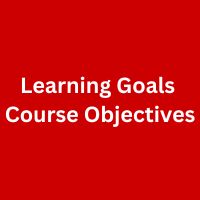
These articles include ideas for teaching success and avoiding burnout:
- After a Tough Year for Classroom Innovation, It’s Time for a Reset by Sarah Rose Cavanagh
- When disruption is perpetual, it’s time to think differently about work by Beth McMurtrie
- The Self and Syllabus with Christopher Richmann Do Students Meet “You” in Your Syllabus?
- Burnout-mitigation strategies by Beth McMurtrie
- Got You Time?









